In every study imageseven has undertaken and every other study we have researched, word-of-mouth is the primary influence for parents when choosing a school for their child. But very few schools have a strategy for generating consistent word-of-mouth enrolment referrals.
Word-of-mouth is hard to see and understand and, unlike most marketing and communication channels, there is no easy way to measure what is working and why. With social media, you can point to any number of proxy measures of effectiveness such as likes, views or shares. When using traditional paid media there is at least the confidence that you have rented an audience’s momentary attention. You can’t buy word-of-mouth and it is difficult to measure; but you can shape it, you can encourage it and you can even manage it (to a degree) … but you can’t buy it.
Social media is not a like-for-like replacement for word‑of‑mouth either, although it has changed it. People’s motivations for talking about schools on social media are different than when talking about schools offline. Ed Keller, CEO of Engagement Labs, says, “Social media is heavily driven by people’s desire for social signalling. It says something about me when I post something on social media.” The giant management consultancy McKinsey’s own research came to the conclusion that word-of-mouth “is the primary factor behind 20 to 50 percent of all purchasing decisions. Its influence is greatest when consumers are buying a product for the first time or when products are relatively expensive, factors that tend to make people conduct more research, seek more opinions, and deliberate longer than they otherwise would” (Bughin, Doogan and Vetvik, McKinsey Quarterly). Does that sound like your school?
Social media is an exceptional tool for spreading your message at speed; but it is just a tool. Word-of-mouth marketing is hard. Every bit of traction is earned. Earning respect, earning recommendations or crafting differentiated stories that earn their place in people’s library of retellable anecdotes is hard work — and the work never ends.
One of my favourite quotes is from Robert Stephens, founder of Geek Squad: “Advertising is the tax you pay for being unremarkable.” In your school context, how much ‘advertising tax’ are you paying?
These days almost every school has a budget for social media. It might be for paid content or for creating native content, and it is often camouflaged amongst regular operating budgets. In contrast, imageseven is yet to find a school that has a developed plan and budget for intentional word-of-mouth marketing.
We believe this is because in order for schools to earn word-of-mouth, you have to be remarkable; that is, your school needs to be worthy of remark. Your school, a program, your students, your results, the quality of your graduates, your teachers (or some of them at least) have to be worthy of remark. It is the genesis of effective word-of-mouth marketing and yet it doesn’t start in the marketing department; it starts in the Head’s office.
In addressing the question of differentiation, the common approach of schools is usually to follow the leader and try to copy what is working for others, instead of being meaningfully and memorably different. Mimicking your competition is low risk but also low reward. “Let me tell you about the average school my children attend,” said no parent ever!
This seems intuitive, yet schools fear stepping out and being different. And with good reason. We all have our war stories of stand-out initiatives that didn’t succeed because of staff resistance, parent resistance or general apathy. Even worse is the fear of being cited in the media for daring to attempt to improve the outcomes of your students by breaking out of the rigid conformity of acceptable ‘best practice’. So, usually unintentionally, schools make incremental decisions that purge the possibility of meaningful differentiators emerging. Most schools don’t optimally benefit from word-of-mouth simply because they give current and prospective parents insufficient raw material for conversation. In short, your story isn’t good enough (Baer and Lemin, Talk Triggers).
“A lack of differentiation puts enormous pressure on your bottom line,” says strategy consultant Jay Baer. “When you fail to have a meaningful experiential differentiator, you are not only required to pay tax on unremarkability in the form of increased advertising spending, but you also have a much harder time charging any sort of premium for whatever you offer.” Of course, any school that charges any level of tuition fee is charging a premium when compared to the default alternative of a free education in a government school.
If current and prospective parents cannot talk about your school’s point of difference, then your fees are likely to become a strong point of comparison. Being different, standing out and getting noticed in a sea of sameness is vital to your school’s long-term sustainability.
It is better to be judged than to be ignored.
Can you afford not to be purposeful and strategic with your school’s word-of-mouth any longer?
Insight applied
- Word-of-mouth is always the primary influence when parents are choosing a school.
- Word-of-mouth must be earned. It can’t be bought.
- To earn word-of-mouth, your school must be remarkable (worthy of remark).
- Schools unconsciously gravitate to conformity rather than meaningful differentiation.
Brad Entwistle is the Founding Partner of imageseven. Since 1990, he has led his team on a mission to amplify the impact of schools by working directly with school Heads, tailoring solutions to maximise their communication and marketing effectiveness. imageseven.com.au







